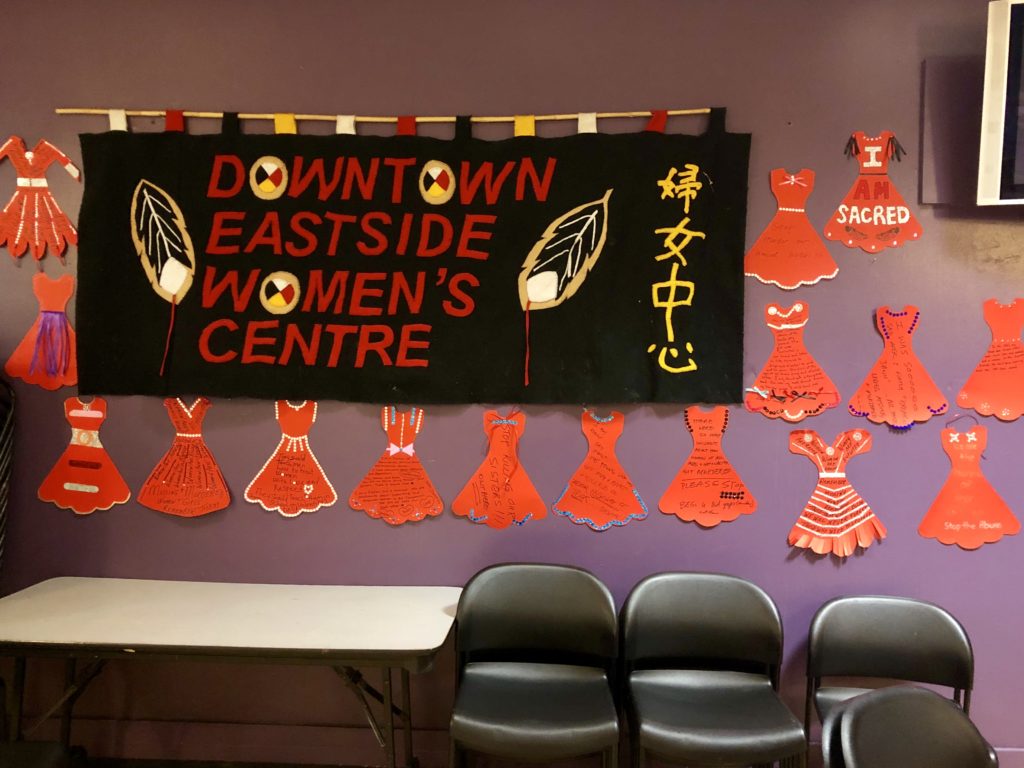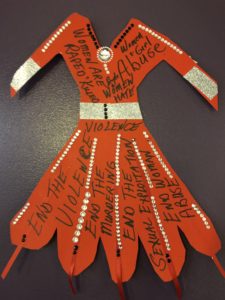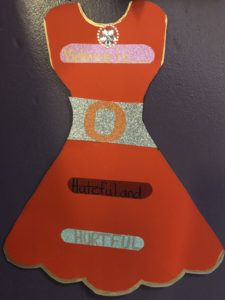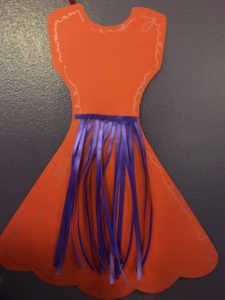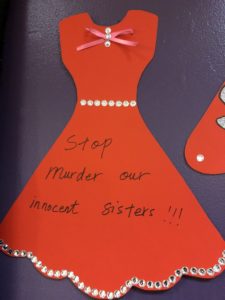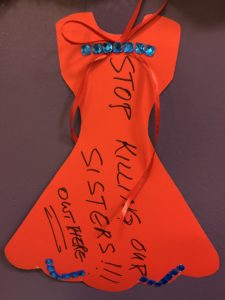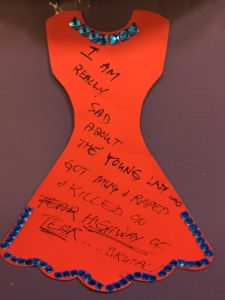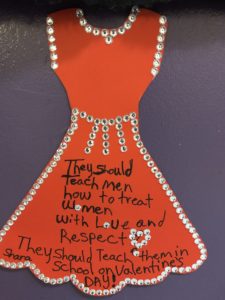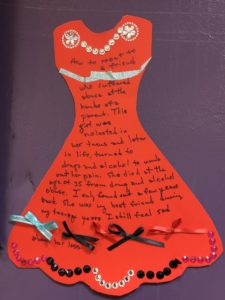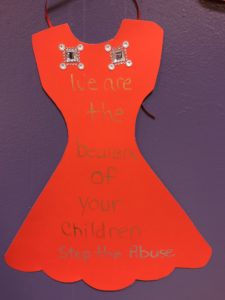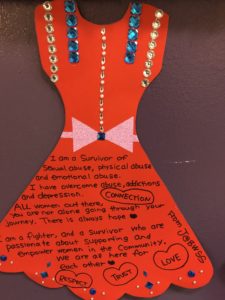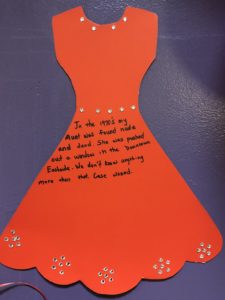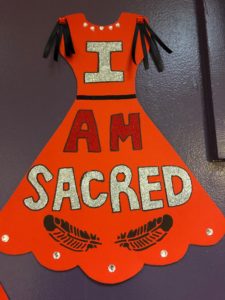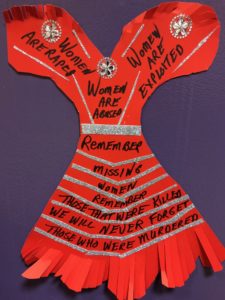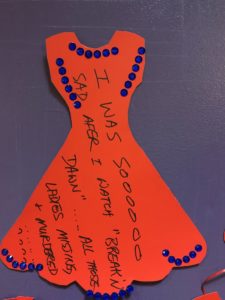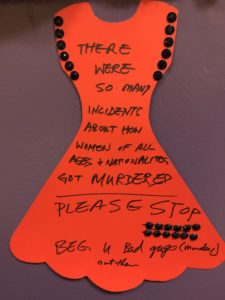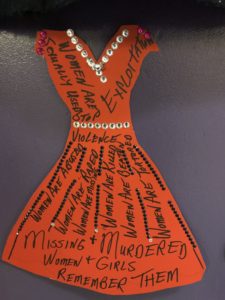Women’s History Month, Speaking Truth to Power
Speaking Truth to Power
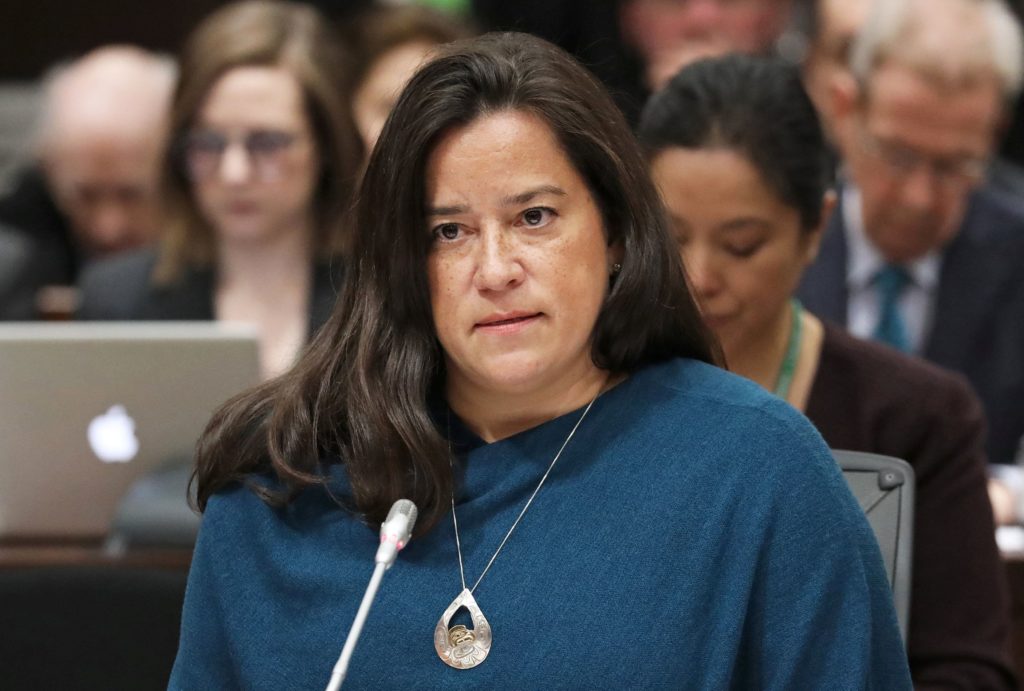
Like many of you, we watched MP Jody Wilson-Raybould testify at a hearing of the Commons justice committee and we were riveted and grateful for her and all women who take personal risks to confront power in their everyday lives, in their communities and at the systemic level.
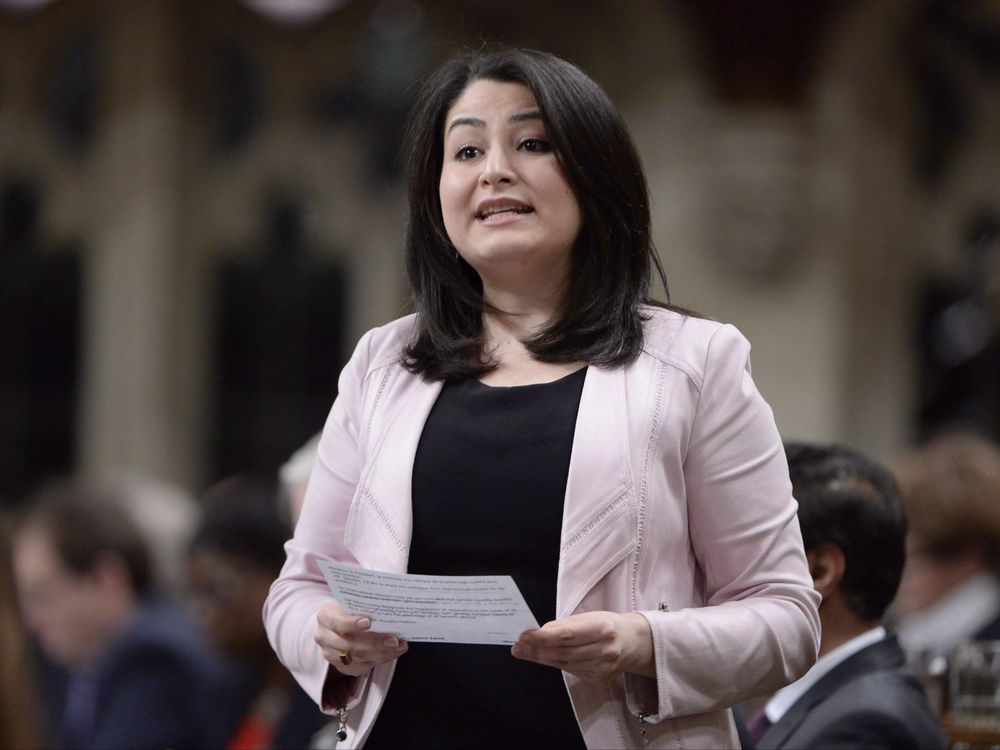
Maryam Monsef, Minister for Women and Gender Equality Maryam Monsef will take on international development as part of her duties. Monsef tweeted,
“I’m excited to take on these new responsibilities complementing the work I do as Minister for Women & Gender Equality…There is still much to do to achieve gender equality here at home and around the world and I’m looking forward to continuing that work – because when women succeed, everyone benefits.”
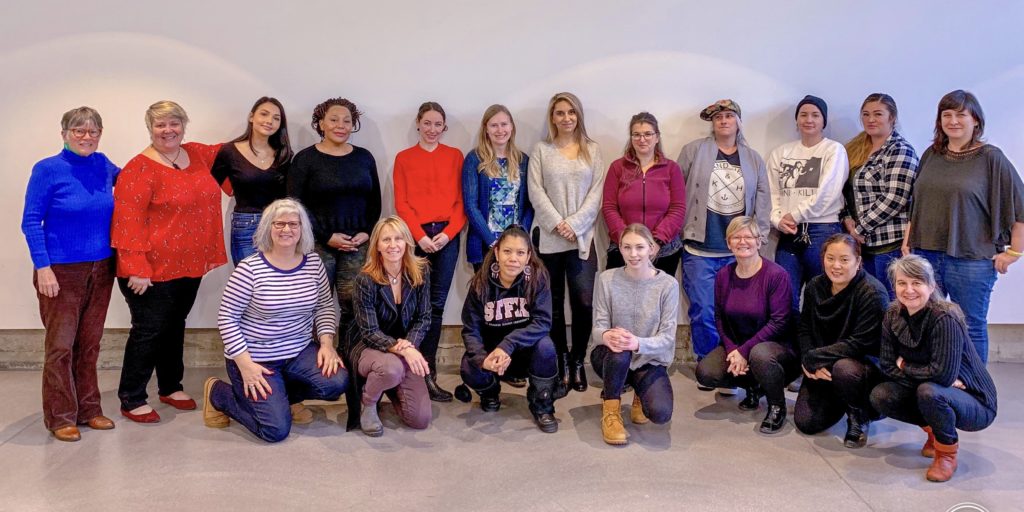
This June, Minister Monsef is set to speak at Women Deliver 2019 in Vancouver. Billed as the largest conference on gender equality, health rights and wellbeing of girls and women in the 21st century. The goal of conference is to accelerate progress for women and girls everywhere.
We spoke to Mayor and Council on Women Deliver 2019 at Vancouver City Hall on January 28th about Women Deliver. BWSS is part of local organizations called Feminists Deliver who are convening and hosting events that will run parallel to Women Deliver June 3-6. For more information or to join Feminists Deliver email information@feministsdeliver.ca
International Women’s Day 2019
Each year BWSS participates in and hosts a number of special events during the week of International Women’s Day. Check out the events below and join us as we celebrate and commemorate!
BWSS CORE Training
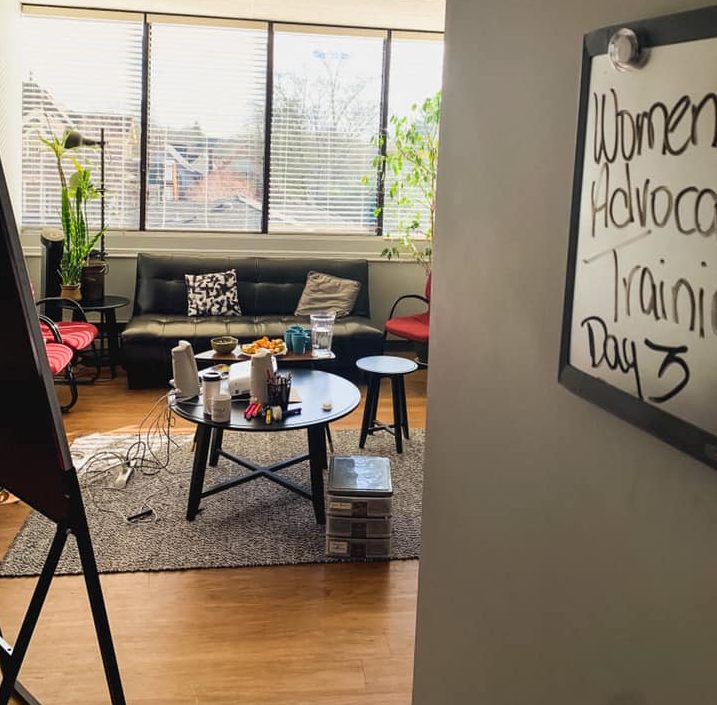
In support of groups, organizations and the community BWSS offers CORE Training through our social enterprise Strategic Interventions. CORE Training is an interactive, five day professional development opportunity for front-line workers, social service providers, community organizers and managers. CORE training is inspiring, highly informing, builds on existing skills and teaches new tools and approaches based on BWSS 40 years of front-line work.
Over the last week, BWSS has provided Women’s Advocate training for members of the the BC Teachers Federation with Day 4 and 5 of training taking place on March 3rd and 4th.
To book CORE training or for more information email endingviolence@bwss.org
International Women’s Day with Andrea Warner and Chicha Restaurant
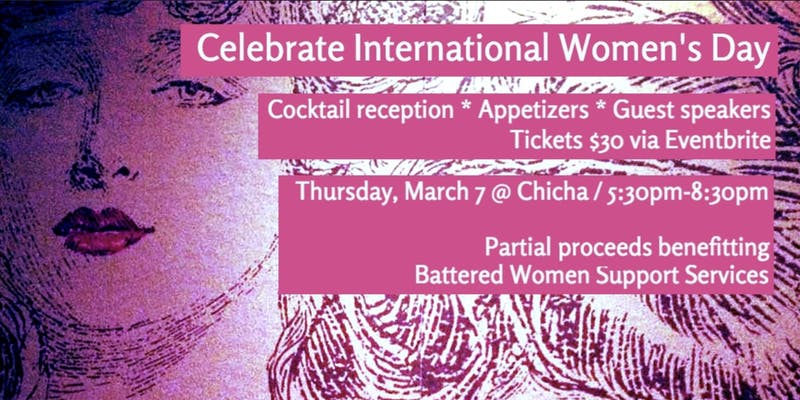
Andrea Warner, author of Buffy Sainte-Marie: The Authorized Biography hosts the Annual Chicha International Women’s Day on Thursday, March 7th starting at 5:30PM. Angela Marie MacDougall, Executive Director at BWSS will speak at the event with partial proceeds going to BWSS.
Tickets include a reception, beverage, canapés and light snacks and many strong, passionate, innovative, creative, caring female leaders from all backgrounds, industries, disciplines to share their stories, their music, and their positivity and hope for an equal and caring future.
BWSS Volunteer Recognition Dinner
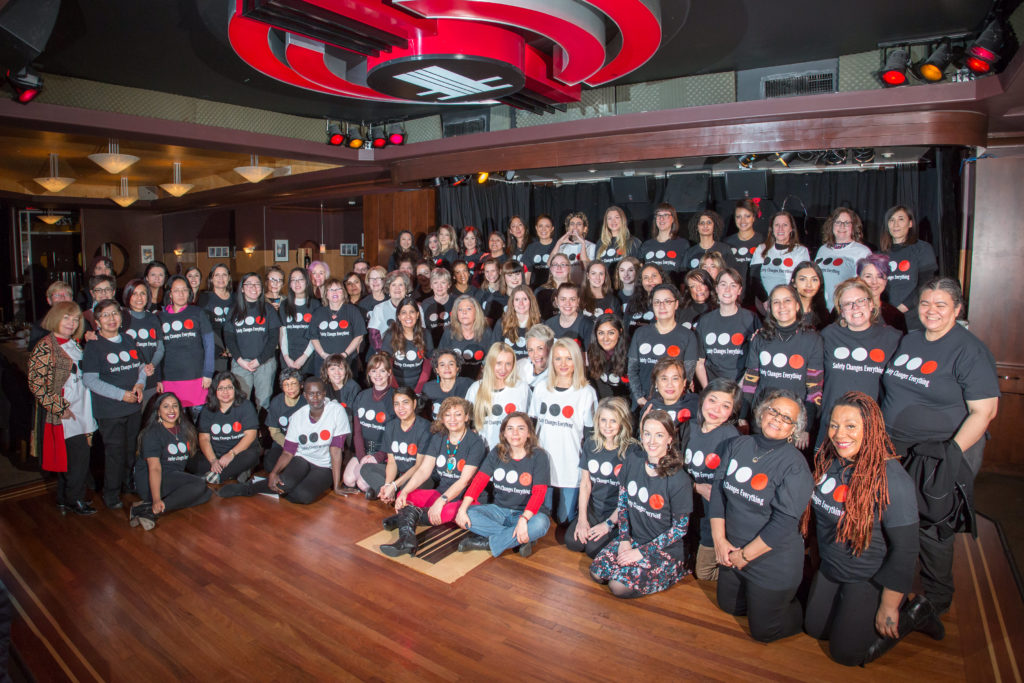
Each year BWSS celebrates our committed, compassionate and wonderful volunteers during the week of International Women’s Day through our volunteer recognition dinner. On March 7th we will gather, inviting our over 100 volunteers, to join us at Federico’s Supper Club for dinner, appreciation, and dancing!

Breakfast Television International Women’s Day Panel
On March 8th, tune into CityTV Vancouver Breakfast Television to catch Angela Marie MacDougall on their International Women’s Day panel.
Downtown Eastside Women’s Centre Shelter Opening
On March 8th at 2pm we will join our colleagues at the Downtown Eastside Women’s Centre for the opening of their new women’s shelter.
BCTF Women’s Institute Conference

March 7-9 BCTF Women’s Institute hosts a conference for women teachers from all over the province at Pacific Gateway Hotel in Richmond. The conference will facilitate storytelling, creativity, wellness, and learning.
Our Angela Marie MacDougall and Rona Amiri will co-facilitate Consent 101 workshop.This workshop looks at sexual violence within a context, delving deeper into understanding the historical and contemporary social context of sexual violence in Canada while exploring what it takes to build a culture of consent.
And Ileah Snela, Women’s Support Worker and Brooklyn Fowler, Transitions Service Coordinator will represent BWSS during the “Living Library”—a group of inspiring women who are leaders in a variety of fields who would be willing to sit down with other women, tell their stories, share lessons learned in their careers.
Championing Choice & Safety: A Womxn’s World in Three Part
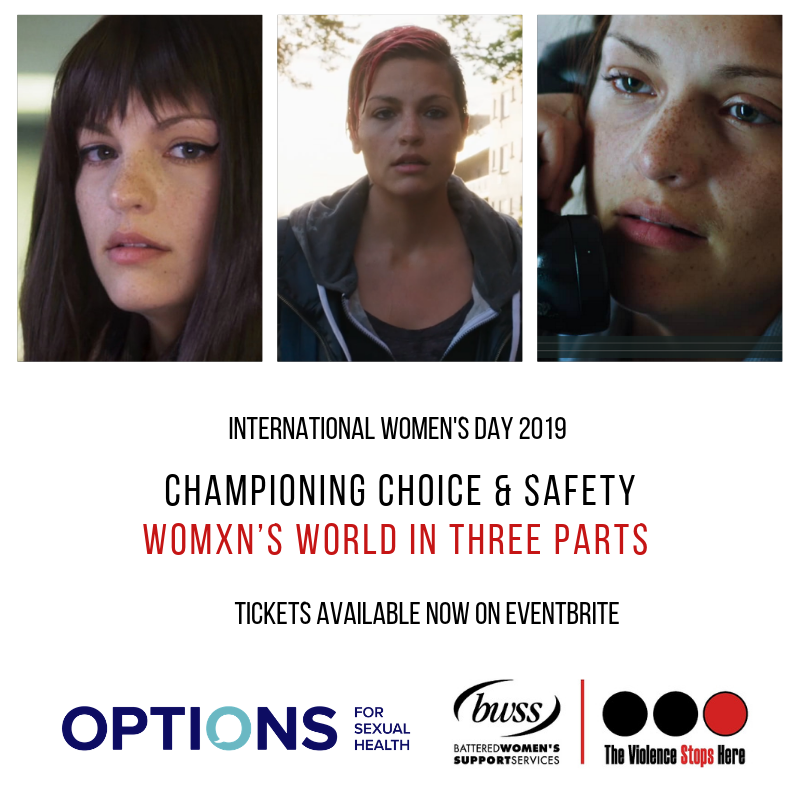
Options for Sexual Health and Battered Women Support Services are pleased to partner in the presentation and Canadian premiere of the series ‘Her Story (In Three Parts), a short film anthology by local writer/director/actor Camille Hollett-French.
Join us March 8th 7PM-9PM at the Djavad Mofwfaghian Theatre at the SFU Goldcorp Centre for the Arts in Vancouver (149 West Hasting St., Vancouver) for the screening and dialogue panels moderated by journalist Charmaine De Silva, the event aims to centre women’s resilience and the role that community supports and services can play in creating safety through choice.
International Transgender Day of Visibility

International Transgender Day of Visibility is on March 31st dedicated to celebrating transgender people and raising awareness of discrimination and transmisogyny that they face. BWSS supports, advocates and provides services for Trans, Non-Binary and Two-Spirit survivors of violence. Learn more here.
For more on events happening on International Transgender Day of Visibility follow BWSS on Twitter, Instagram and Facebook.

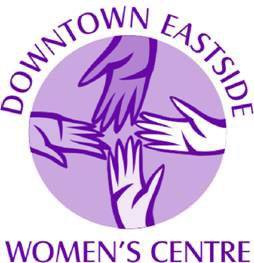

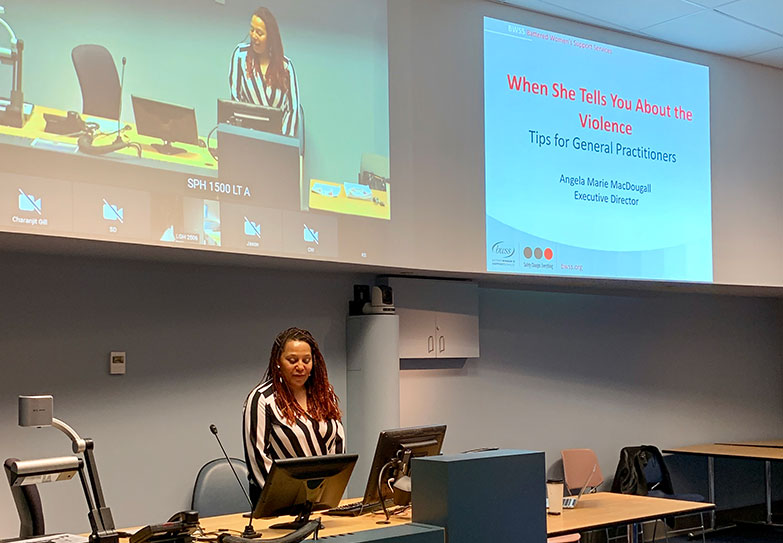
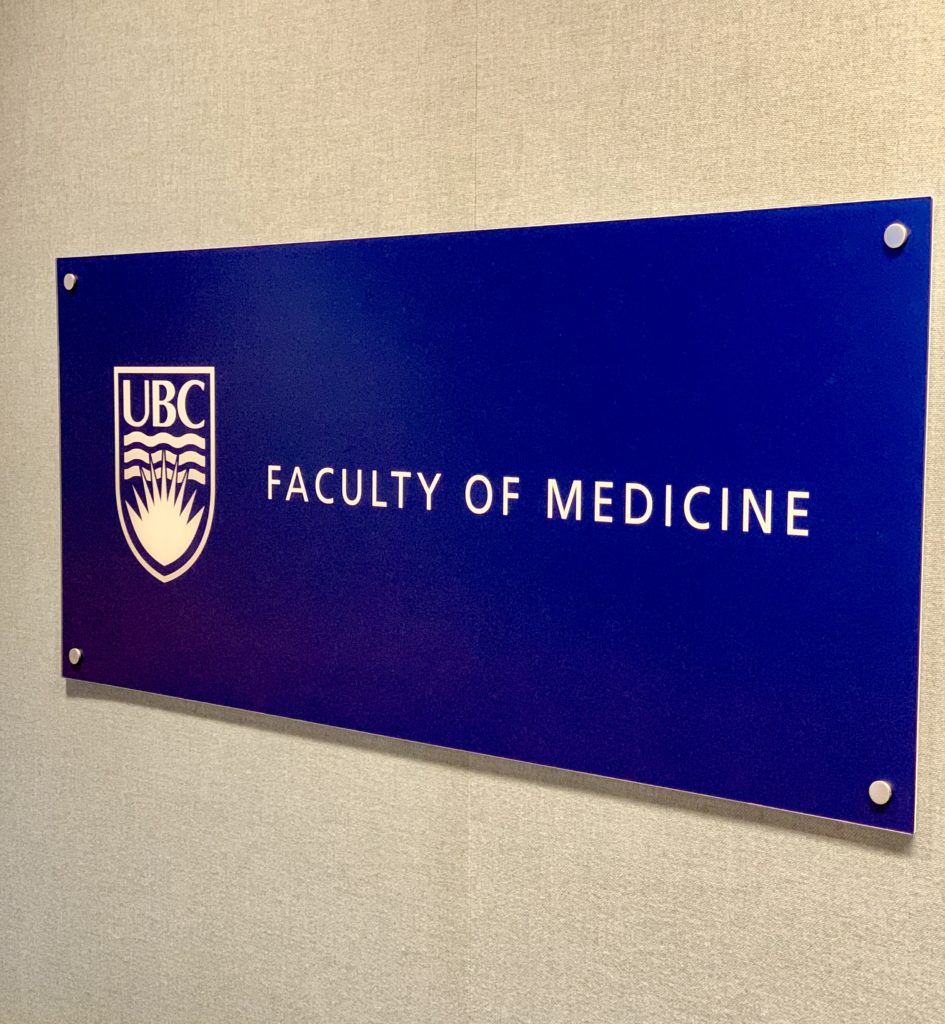 Violence against girls and women is often not included in discussions of women’s health; it is considered a social issue, not a medical issue. So how do doctors ask their patient if she is experiencing violence from a partner or family member? For general practitioners, this is a tough question to ask, especially if they aren’t sure where to direct their patient to get support.
Violence against girls and women is often not included in discussions of women’s health; it is considered a social issue, not a medical issue. So how do doctors ask their patient if she is experiencing violence from a partner or family member? For general practitioners, this is a tough question to ask, especially if they aren’t sure where to direct their patient to get support.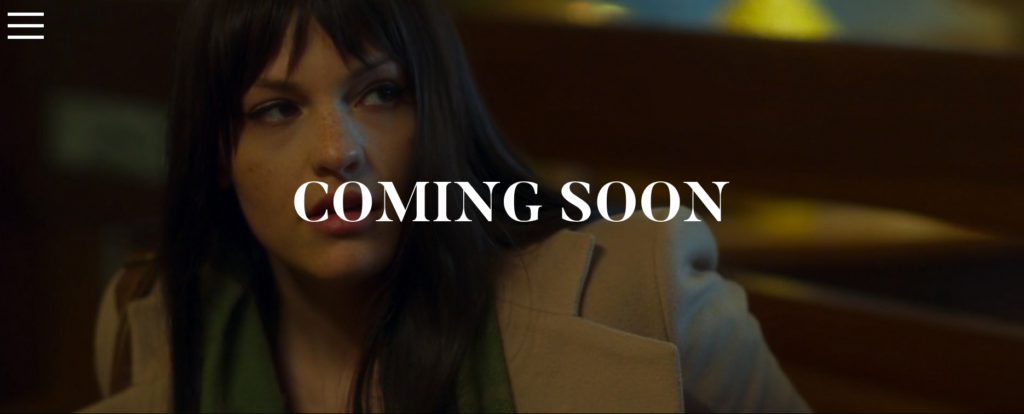
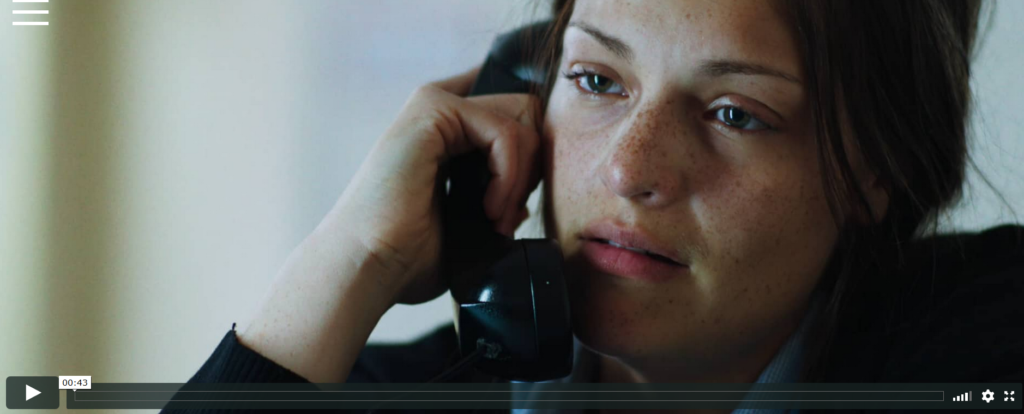
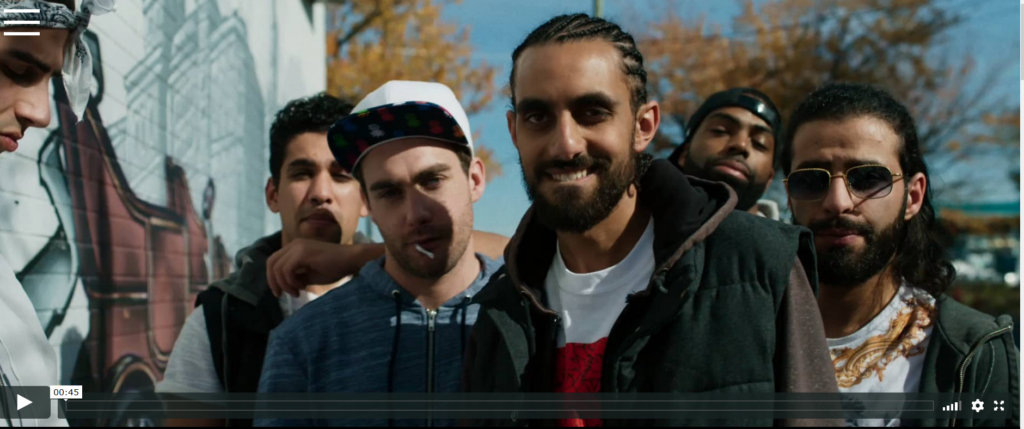
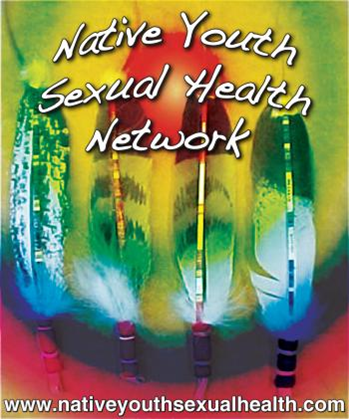 This year at the Native Youth Sexual Health Network (NYSHN), we continue to participate in February 14 Women’s Memorial March events to remember and honor missing and murdered Indigenous women, girls, Two-Spirit and Lesbian, Gay, Bisexual, Transgender, Transsexual, Queer, Questioning, Intersex, Asexual (LGBTTQQIA), gender non-conforming people and their families.
This year at the Native Youth Sexual Health Network (NYSHN), we continue to participate in February 14 Women’s Memorial March events to remember and honor missing and murdered Indigenous women, girls, Two-Spirit and Lesbian, Gay, Bisexual, Transgender, Transsexual, Queer, Questioning, Intersex, Asexual (LGBTTQQIA), gender non-conforming people and their families. I joined the February 14th Women’s Memorial March in Downtown Eastside Vancouver in 1998.
I joined the February 14th Women’s Memorial March in Downtown Eastside Vancouver in 1998.